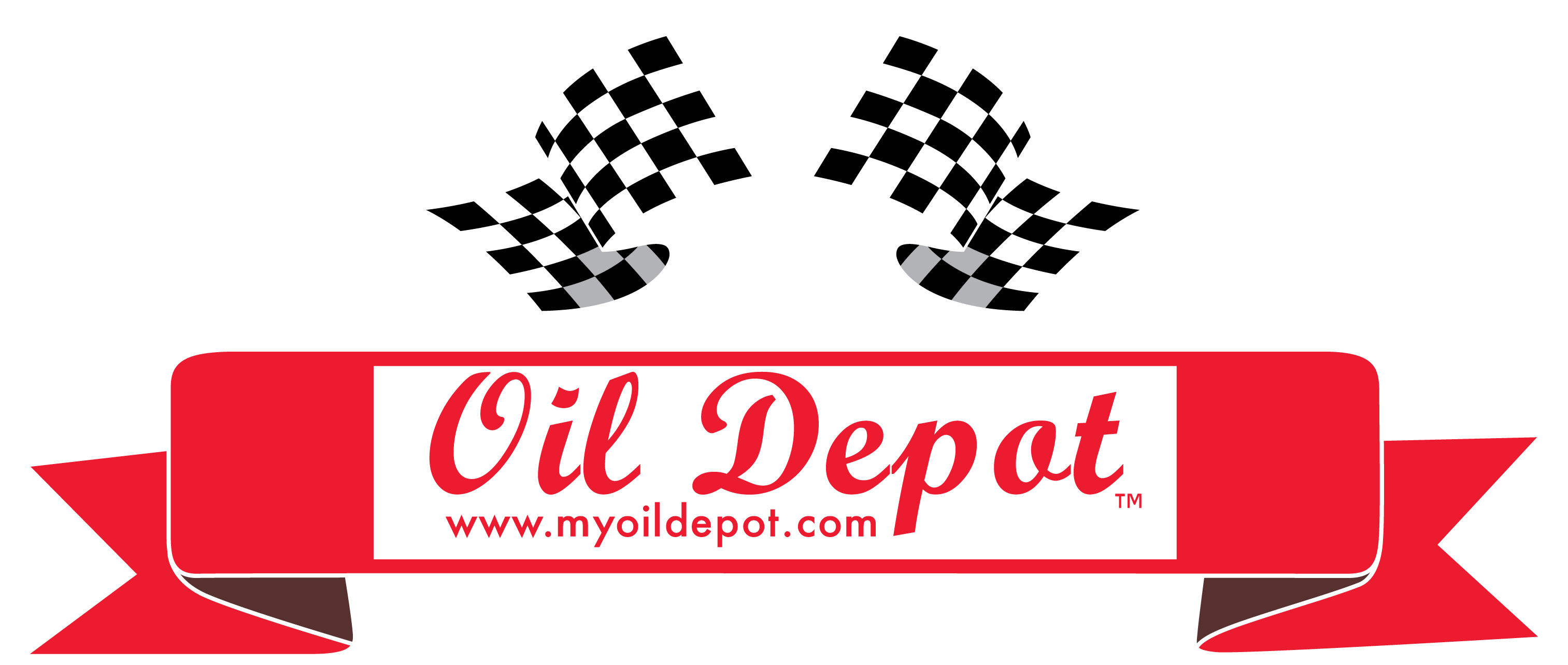0W-20 8100 Eco Lite Full Syn
TYPE OF USE
100% Synthetic "Fuel economy" engine oil specially designed for recent gasoline engines, naturally
aspirated or turbo-charged, indirect or direct injection, designed to use oil with low friction and very low
HTHS (High Temperature High Shear) viscosity (≥ 2.6 mPa.s).
Suitable for modern gasoline engines requiring a viscosity grade 20 and fuel economy lubricant (API SP-RC,
API SP and/or ILSAC GF-6a standards).
Approved GM-dexos1™ GEN2 for all new GM gasoline engines requiring this approval: BUICK, CADILLAC,
CHEVROLET, GM, GMC, OPEL and VAUXHALL.
Catalytic converter friendly.
This type of oil may be unsuitable for use in some engines. Refer to the owner manual if in doubt.
PERFORMANCES
STANDARDS API SERVICE SP-RC
ILSAC GF-6a
APPROVALS 753 1503042030930 under n° D10688HJ011
PERFORMANCES 20 1505291867246, 36 1519664071404, 36 1590661184104, 35 1590661250557
RECOMMENDATIONS 45, 72, 77, 80, 107, 109, 111, 183, 184, 842, 1505, 1526
The API SP standard is fully backward compatible over API SN requirements and all former API standards.
The API SP-RC "Resource Conserving" specification is even more demanding on the energy saving
requirements. API SP lubricants provide outstanding oxidation resistance, better anti-deposits protection,
better engine cleanliness, anti-wear protection and enhanced performance at cold temperature for Fuel
Economy savings during the whole oil life span. Besides being backward compatible, compare to API SN
and API SN Plus, the API SP standard provides higher performance and especially adds more protection
against LSPI phenomenon for downsized direct injection turbocharged gasoline engines.
Based on the API SP specification, the ILSAC GF-6a standard for viscosity grade 20 lubricants is even
more severe especially on the Fuel Economy benefits performance. The requirements on the low viscosity
"Fuel Economy" side of the lubricant, but also extended drain intervals, pistons/rings cleanliness, seals
compatibility and reduced content of Phosphorus for after treatment systems compatibility are enhanced.
The ILSAC GF-6a specification also ensures perfect engine protection when gasoline containing up to 85%
Ethanol is used (E85).
GM dexos1™ standard is suitable for the whole range of GM Gasoline engines from Model Year 2011
onwards requiring an approved dexos1 lubricant (except for service fill in Europe). Specification GM
dexos1™ is designed for use with gasoline engines and replaces GM-LL-A-025, GM 6094M and GM
4718M. GM dexos1™ is also backward compatible for pre-2011 GM gasoline vehicles.
GM dexos1™ standard combines very stringent requirements from international standards like API, ACEA
and ILSAC, together with specific GM requirements to prove Fuel Economy benefits and engine durability.
GM has developed its dexos1™ standard in order for the oils to provide a high thermal stability and insure
an outstanding resistance at high temperatures to avoid black sludge and viscosity increase that soot,
coming from combustion residues, may create.
Turbocharged gasoline engines with direct injection have a certain risk of sporadic pre-ignition phenomena
in the combustion chambers. This type of sporadic abnormal combustion resembles metallic noise from
combustion chambers and is sometimes associated with a short power loss. This phenomenon called LSPI
for Low Speed Pre-Ignition, or also Rumble, generates very high pressure peaks in the combustion chamber
that can lead to piston damages and ultimately to engine destruction. For their latest-generation downsized
gasoline engines, which are equipped with direct injection systems and turbochargers, GM has developed the
dexos1™ GEN2 standard for engine lubricants in order to guarantee the perfect integrity of these gasoline
engines facing the risk of these abnormal combustions. Likewise, the API SP standard now fully covers this
LSPI requirement in order to perfectly protect direct injection turbocharged gasoline engines.
Some OEMs require for their most recent Gasoline engines an API SP-RC, API SP, API SN, SN-RC, SN
Plus and ILSAC GF-6a or GF-5 lubricant to guarantee the maximum performance and durability. The
specifications CHRYSLER MS-6395 (GF-4 level), FORD WSS M2C 947-A (GF-5 level) and FORD WSS
M2C 947-B1 (GF-5, SN-RC et SN Plus levels) reflect these kinds of requirements. Within the FCA Group
(Fiat Chrysler Automobiles), the FIAT specification 9.55535-CR1 mirrors this CHYSLER MS-6395 specification
at Fiat.
MOTUL 8100 Eco-lite 0W-20 meets all these very highly demanding requirements of performance and
durability set by GM, including in particular for dexos1™ standard, the full compatibility to biofuels use
such as LPG (Liquefied Petroleum Gas), CNG (Compressed Natural Gas), and bioethanol (as available
at the station), when using ethanol biofuel at a mix ratio of up to 85% (Bioethanol – E85). Viscosity grade
SAE 0W-20 minimizes lubricant hydrodynamic friction, allows fuel economy benefits especially
when the oil is cold. Improves oil flow at start up, faster oil pressure build-up, faster rev raisings and reach
operating temperature faster. Environment friendly, this type of oil allows fuel consumption reduction and
therefore minimizes greenhouse gases (CO2 ) emissions.
RECOMMENDATIONS
Drain interval: according to manufacturers’ recommendations and tune to your own use.
MOTUL 8100 Eco-lite 0W-20 can be mixed with synthetic or mineral oils.
Before use always refer to the owner manual of the vehicle.
https://oehha.ca.gov/proposition-65
We are advised to inform customers purchasing products to be shipped to the State of California about Proposition 65- Prop 65 requires California to publish a list of chemicals known to cause cancer, birth defects or other reproductive harm. This list, which must be updated at least once a year, has grown to include approximately 900 chemicals since it was first published in 1987. The list may be accessed by visiting the website link above.
All product brands, brand names, brand logo's and any such related marks mentioned or used on this website are considered legally registered trademarks and licensed products owned by their respective owners as such and use herein in no way indicates any relationship between the holders of said trademarks and Oil Depot, LLC.
 View Cart {{shoppingcart.totalQuantityDisplay}} Item(s)
View Cart {{shoppingcart.totalQuantityDisplay}} Item(s)
 View Cart {{shoppingcart.totalQuantityDisplay}} Item(s)
View Cart {{shoppingcart.totalQuantityDisplay}} Item(s)
